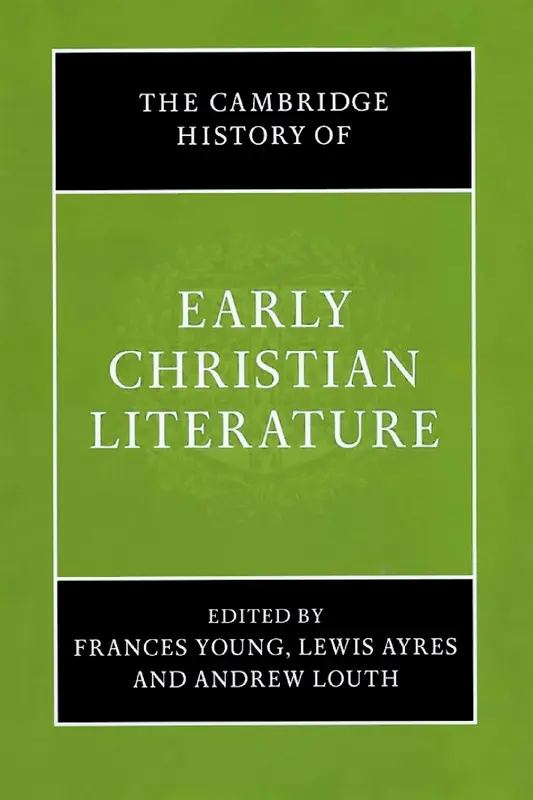
The Cambridge History of Early Christian Literature
Редакторы : Young F., Ayres L., Louth A.Приняли участие : Ayres L., Behr J., Brock S.P., Chadwick H., Dawson J.D., Harvey S.A., Heine R.E., Hunter D.G., Louth A., Markus R.A., Nicholson O., Norris R.A., Torjesen K.J., Vessey M., Young F.Год :2008 Количество страниц :530 [562] Язык :Английский Категория :+ Не только о гнозисе Скачать : PdfПоддержать :
The writings of the Church Fathers form a distinct body of literature which shaped the early Church and built upon the doctrinal foundations of Christianity recently established within the New Testament and by oral and ecclesiastical tradition. Christian literature in the period c. 100–c. 400 constitutes one of the most influential textual oeuvres of any religion. Written mainly in Greek, Latin and Syriac, patristic literature emanated from all parts of the early Christian world and helped to extend its boundaries. The works of Irenaeus, Origen, Hippolytus, Eusebius, Athanasius, Gregory of Nyssa, Augustine, John Chrysostom, Ephrem, the gnostics, the Montanists and the Cappadocians are among the best-known examples of an extensive set of texts grappling with the theological issues at the heart of early Christianity – many of which still lie at its heart today. This History is the first systematic account of that literature and its setting for many years. The work of individual writers in shaping the various genres and forms of Christian literature is considered, and the volume also offers three general essays covering distinct periods in the development of Christian literature. These pieces survey the social, cultural and doctrinal context within which Christian literature arose and within which it was used by Christians. The book is intended for use by theologians and historians, providing a landmark reference work for scholars, teachers and students.





